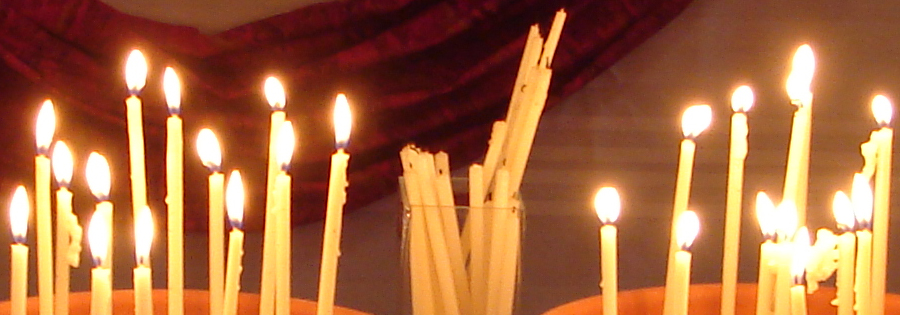Good Wednesday?


This past week I was responding to someone in the comments section of my blog and I came across an issue I hadn’t encountered before…
It turns out that some groups will argue that Jesus didn’t die on Good Friday, but on the Wednesday before. I’ve noticed this chiefly among Fundamentalists and Messianic Jews. The case is made from Jesus’ own words in Matthew’s Gospel:
“For as Jonah was three days and three nights in the belly of the whale, so will the Son of man be three days and three nights in the heart of the earth.”
Matthew 12:40
It is argued that in order for Jesus’ words to be true, we must work backwards three full days and three full nights from Resurrection Sunday. If we do this, we would conclude that Christ’s Crucifixion took place, not on Friday, but Wednesday:
Some of these folks will say that Christians of past generations simply made a mistake in placing the Crucifixion on Good Friday, but others go further, arguing that this was an attempt to Paganize Christianity (although, as is typical with such assertions, I’m rather at a loss as to what this achieves).
So, how might we respond to this claim?
Read more
